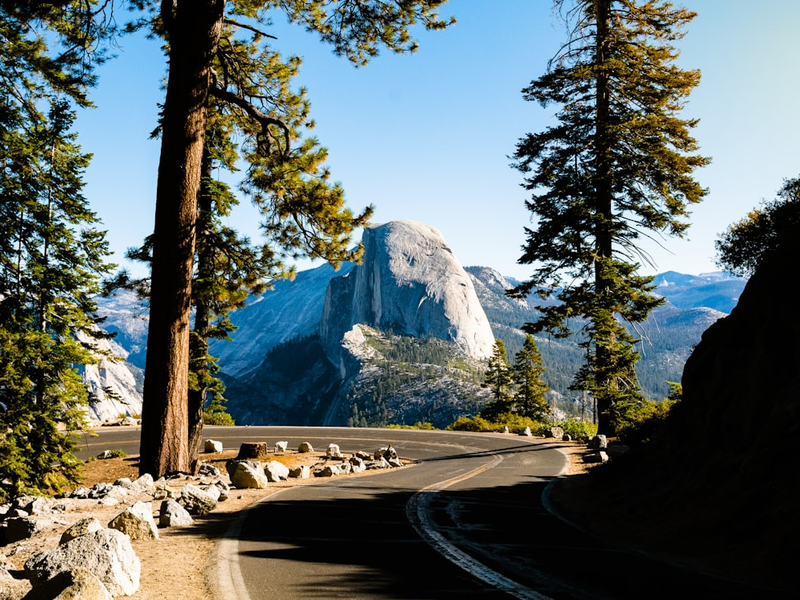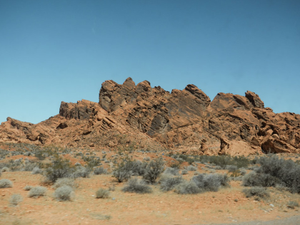Free State Park Access: How California is Breaking Down Barriers for Low-Income Residents

Photo by Caleb Kastein on Unsplash
California just took a major step towards making outdoor recreation more accessible for everyone. The California State Library Parks Pass program, which provides free state park access to low-income residents, has been saved from potential budget cuts, ensuring that thousands of Californians can continue exploring the state’s natural beauty.
Created by Governor Gavin Newsom and First Partner Jennifer Siebel Newsom, this innovative program allows library cardholders to borrow park passes from local libraries, providing free entry to over 200 state parks. Since its launch in 2021, the program has already loaned 38,000 passes through 1,100 public libraries, reaching over 8,000 Californians.
A recent survey reveals the critical importance of this initiative. Roughly 63% of participants cited cost as the primary barrier to visiting state parks, with day-use fees ranging from $5 to $35 per vehicle. Nearly 70% of survey respondents reported household incomes below $60,000, and over 63% identified as people of color.
The program was at risk of ending on December 31st due to the state’s $12 billion budget deficit. However, Governor Newsom’s recent budget signing included $6.75 million to fund the program through 2026, ensuring continued access for underserved communities.
“The California State Library Parks Pass is one of the smartest access policies we’ve seen , low-cost, high-impact, and deeply aligned with equity goals,” said Rachel Norton, executive director of the California State Parks Foundation.
The impact of this program is significant. An impressive 90% of participants reported plans to visit parks more than seven times a year, demonstrating how removing financial barriers can dramatically increase outdoor recreation for communities often excluded from such experiences.
This initiative is more than just a park pass program; it’s a commitment to making California’s natural spaces truly accessible to all, regardless of economic background. By breaking down financial barriers, the state is creating opportunities for connection, recreation, and environmental education for communities that have historically been left out.
AUTHOR: cgp
SOURCE: Local News Matters
























































